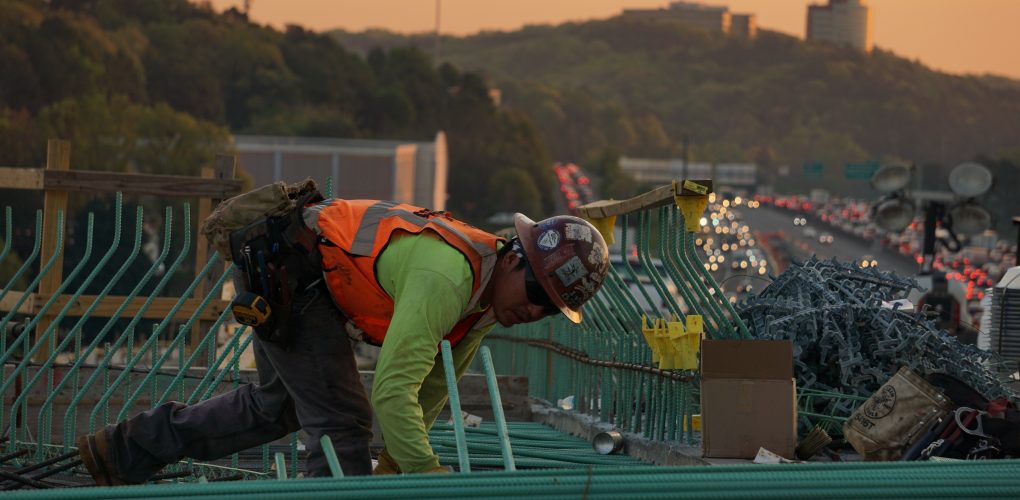The COVID-19 pandemic has turned the global economy upside down. Not since the Great Depression has anything happened that’s caused so much uncertainty in people’s everyday lives, throughout the business community, and across the financial markets.
Recent legislation passed by Congress may avert an immediate economic and financial collapse in the United States. The main components include providing temporary paid sick leave for workers, increasing and extending unemployment benefits for people who have lost their jobs, and supplying additional money for food stamps for the needy and health insurance for children. It will protect workers and their families, which is critical right now because people all over the country are experiencing unprecedented hardship. It will help small businesses stay afloat and keep their employees on the books while they’re shuttered because of the pandemic. It also provides benefits to larger companies in certain industries, especially those related to travel, that have experienced devastating losses.
However, most experts believe that the legislation passed to date doesn’t address longer-term economic stimulus needs. They think that it will take much more to stabilize things and lay a solid foundation for future recovery.
As the months roll on and the current COVID-19 public health crisis slows and — hopefully — passes into history, the biggest obstacle to economic growth will be insecurity. People won’t spend money again until they feel secure in their jobs. Businesses won’t hire (or rehire) workers until they’re sure that customers will return. Investors won’t move their money from low-interest bonds and cash until they feel that they can realistically earn a return on riskier investments.
It’s the kind of situation that could turn a recession into a depression. Similar levels of doubt and insecurity have accelerated economic downturns in the past.
It’s critical that the government takes additional, more aggressive action now. It has to give people, small businesses, and investors a reason to feel hope for the future.
President Franklin Roosevelt faced similar circumstances during the Great Depression. He advocated for an unprecedented investment in infrastructure, including bridges, roads, and highways. This type of spending is a proven way to increase private-sector investment and business activity, get people working, and build confidence in the future.
Roosevelt was able to get Congress to approve funding for massive investments in the nation’s infrastructure. It’s one of the factors that helped pull the country out of the darkest days of the Depression.
Many of the bridge and road projects completed during the Great Depression and after are now in need of urgent repairs.
According to a recent report from the American Road and Transportation Builders Association, more than 47,000 bridges in the United States are in poor condition and must be fixed. Approximately four out of 10 are more than 50 years old, which means they have exceeded their structural lives. The organization, which used data from the Federal Highway Administration to generate the report, estimates that it will take more than 80 years at current spending and work rates to fix all the deficient bridges in the U.S.
This could all change if Congress takes a cue from Roosevelt and passes a major infrastructure bill quickly. Work on bridges and other infrastructure projects could begin when the pandemic is winding down and workers, businesses, and investors will be looking for signs that the worst has passed. Of course, it often takes years to complete bridge and road projects, but even beginning work on them might be enough to lower unemployment rates and get people shopping and investors moving their money.
This level of investment in bridges and other types of infrastructure has been needed for a long time. The economic impact of the COVID-19 crisis could compel Congress to finally take action. Take time to contact representatives and senators and encourage them to back infrastructure funding.
Back in 1933, President Roosevelt declared: “The only thing we have to fear is fear itself.”
Isn’t it time for today’s members of Congress to take inspiration from another time of crisis and jumpstart the economy by allocating funds to improve the nation’s bridges, roads, and other infrastructure? It could help replace fear with confidence in the future.

